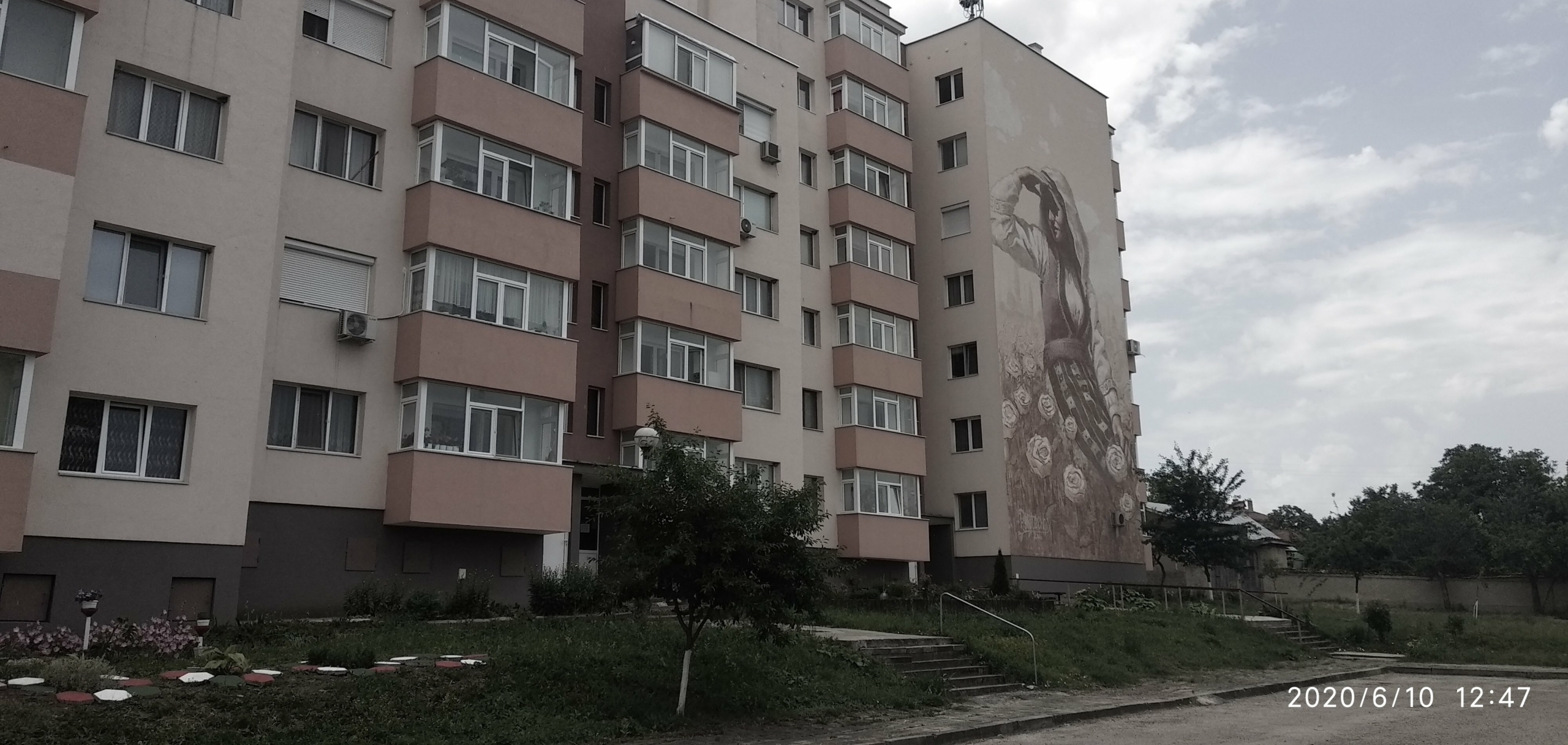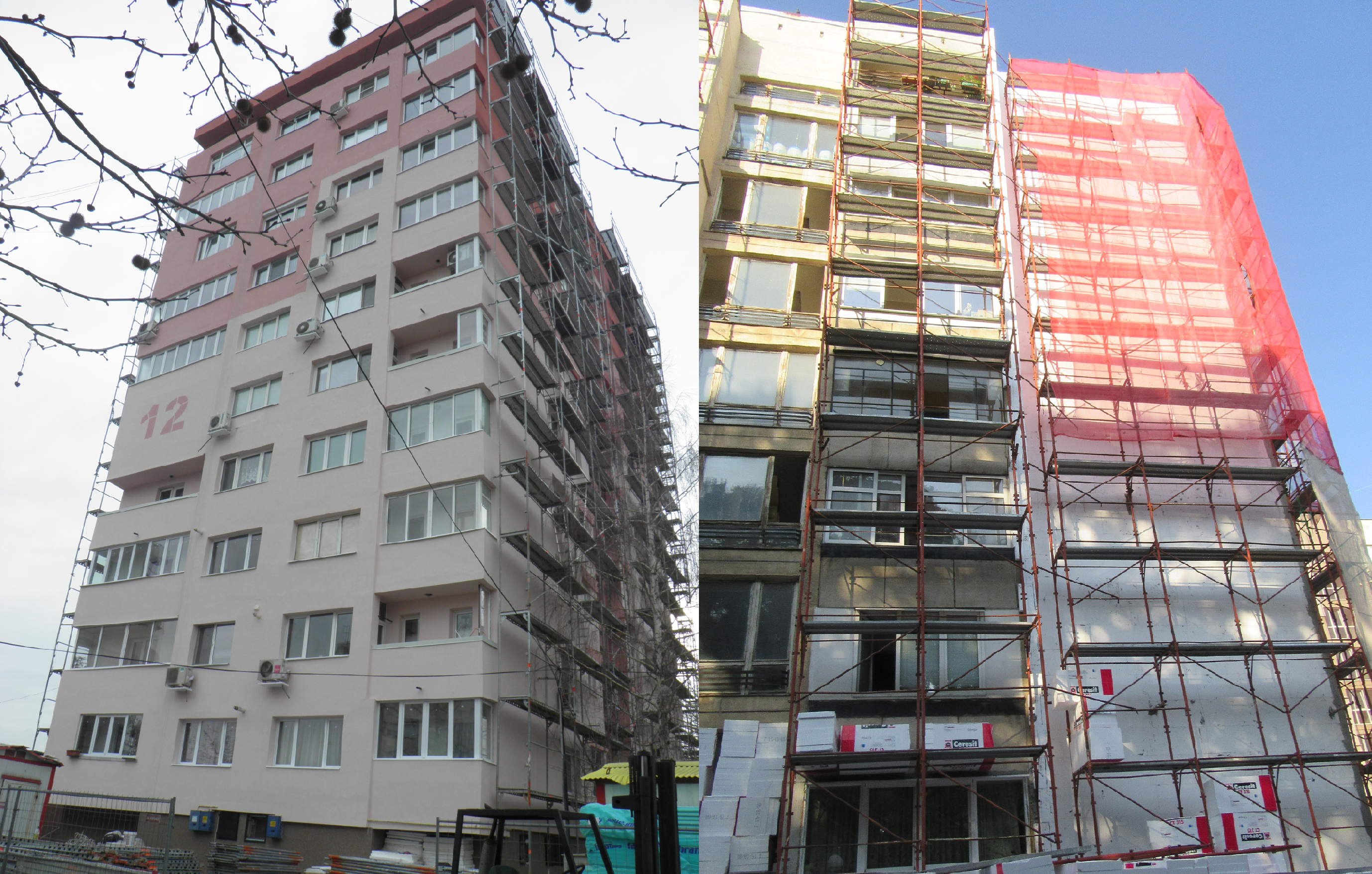CONGREGATE – Building Renovation and Renewable Energy Cooperatives
Promoting building renovation and renewable energy cooperatives in Southern and Eastern Europe through targeted communication and awareness raising.
Energy Efficiency Energy Transition and Climate-Neutral Buildings

Project info
Bulgaria, Croatia, Czech Republic, Greece, Romania
11/20 - 03/23
Associations, National governments, Local governments, General public
878,855.00 €
Contact info
Dragomir Tzanev
- Association "Cluster for Promoting Nearly Zero Energy Buildings" (ProNZEB)
- Center for the Study of Democracy (CSD Bulgaria)
- INZEB
- SEVEn - The Energy Efficiency Center z.ú.
- University of Zagreb - Faculty of Civil Engineering
Background
Energy efficient renovation and encouraging “prosumer” behaviour though energy cooperative are proven measures that support the sustainable energy transition. However, neither building renovation programmes nor the creation of energy cooperatives are usually accompanied by adequate communication campaigns. This makes these successful practices invisible to both citizens and potential investors.

Project
To promote interest and participation in building renovation and in the creation of energy cooperatives, the project combines two distinctive actions.
First, it develops a communication strategy to support national building renovation strategies in Bulgaria, Croatia, and Romania and organises at least 28 events to promote this strategy. For each country, the project monitors and analyses how current renovation programmes impact residents’ energy and financial savings as well their behaviours and attitudes. Results from this study inform future national campaigns for civic engagement in building renovation programmes.
Second, the project promotes the establishment of public-private renewable energy cooperatives in Bulgaria, Greece, and the Czech Republic. To do so, it conducts three case studies per country and supports feasibility studies in the involved municipalities. The project then organises at least 19 events to raise awareness for the results of the studies.
Last update: April 2024

